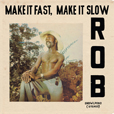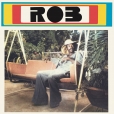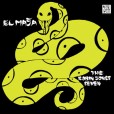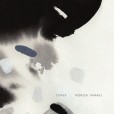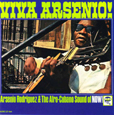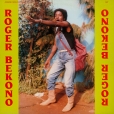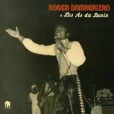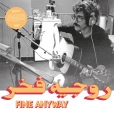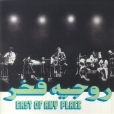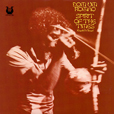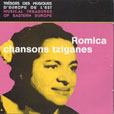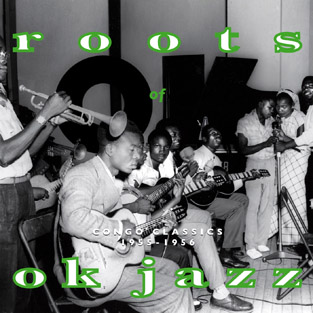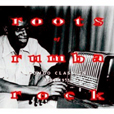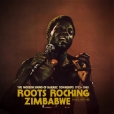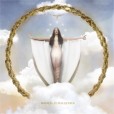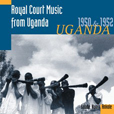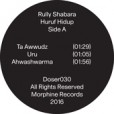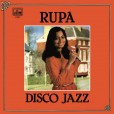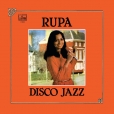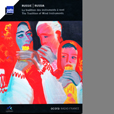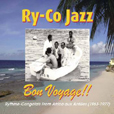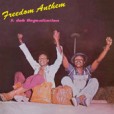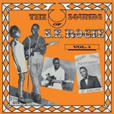Your basket is empty

The guitarist’s debut album, inspired by a road trip through Brazil, taking in a Sun City Girls show in a remote former gay club, and a visit to a spiritual healer. He leads upright bass, drums, vibraphone, saxophone and percussion.
‘I decided that I would try to forge, in my own way, from my references, from my universe and from the collective intelligence and sensibility that surrounded me, fundamental melodies, repetitive, minimal, hypnotic rhythmic and harmonic patterns that would be crossed by some sort of improvisation, something that referred to a reality that existed before my individual history, that linked to the life of other places and other times.’
‘unique and beguiling…evocative and profound… music of rare depth’ (The Wire).
‘taps into the common ground between meditative, ambient and trance musics… delightful’
(Chris May, All About Jazz).
Moody, elusively different, singer-songwriter folk, recorded in Beirut in the late-1970s by this treasured secret of the Lebanese underground, collaborator of Issam Hajali and Fairuz.
The spell-binding Romanian gypsy singer, accompanied by cembalo, violin and accordion.
An insurgent blend of rock, rumba, soul and traditional grooves.
Including never-before-released recordings by legends like Thomas Mapfumo and Oliver
Mtukudzi, amongst many others.
Dazzling, smash-hit, fully-fledged blend of flamenco, reggaeton and post-Timbaland r&b, with a Middle Eastern flavour to the singing. It’s the re-telling of a medieval story about a woman locked in a tower by her husband, and her escape. There’s even an Arthur Russell sample.
Lost in the Christmas rush here, but so nice we’re serving it twice.
From 1971, A Guitar in the Foreground is Rosinha’s best record. Classic, chilled Bossa shot through with her scintillating guitar-playing.
Check this version of Summertime for her instrumental virtuosity. (Tyler, the Creator burglarised it for Tomorrow, on Chromakopia.)
The royal music of the Ganda, Nyoro and Ankole peoples, lost when the palaces were burned down in 1966, and many of the musicians killed, and their instruments (some of them over four hundred years old) destroyed.
‘Barely disco and hardly jazz, Rupa Biswas’ 1982 LP is the halfway point between Bollywood and Balearic. Tracked in Calgary’s Living Room Studios with a crack team of Indian and Canadian studio rats alike, Disco Jazz is a perfect fusion of East and West; sarod and synthesizer intricately weaving around one another for thirty-seven transcendent minutes, culminating in the viral hit Aaj Shanibar.’
Eighteenth and nineteenth century folk repertoire featuring horn, overtone flute, panpipes, vertical flute, shepherds’ trumpet — and violin or balaika.
‘Rhythme Congolais From Africa To The Antilles, 1963-77.’
Aka SJOB Movement, spun out of Sonny Okosuns’ set-up: Samuel ‘Spark’ Abiloye, Johnnie Woode Olimah, Ehima ‘Blackie’ Ottah and Prince Bolarinwa Agba.
Militant funk, deep and rootsy.
Gorgeous, lilting Palm Wine classics from the venerable Sierra Leonean.
